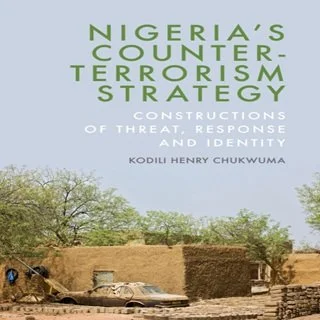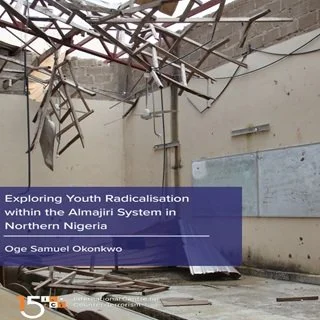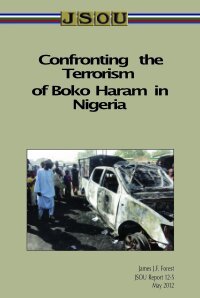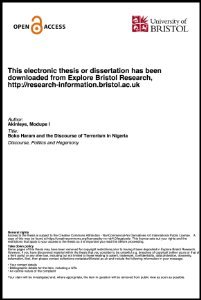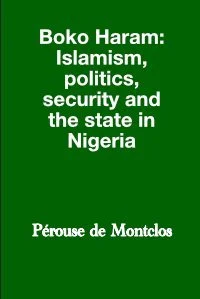By Remadji Hoinathy, Malik Samuel and Akinola Olojo
Some Lake Chad Basin countries (Cameroon, Chad, Niger and Nigeria) have been dealing with violent extremism for over a decade. Disarmament, demobilisation, repatriation, reintegration and resettlement processes in these countries may offer useful lessons for other West African contexts, including Mali and Burkina Faso, or more recently affected countries such as Benin, Côte d’Ivoire and Togo. Such lessons include incentivising defections, coordinating at national and regional levels, gender sensitivity, appropriate legal frameworks and community engagement.
Key findings Understanding the circumstances that lead people to join and leave violent extremist groups, and their experiences in those groups, is key to crafting incentives for disengagement. The willingness to leave violent extremist groups is often clouded by uncertainty, as well as long waiting periods between disengagement and enrolment in programmes for disarmament, demobilisation, repatriation, reintegration and resettlement (DDRRR). Waves of defection from Boko Haram caught Lake Chad Basin (LCB) states unprepared. DDRRR processes were thus implemented under pressure, hindering early coordination at a regional level. Women are treated mainly as victims, despite some voluntarily joining and playing active roles in Boko Haram, including volunteering as suicide bombers. DDRRR implementation in the LCB has revealed gaps in legal frameworks that require revisions. DDRRR lacks public support in some LCB countries, as many people view it as blanket amnesty for Boko Haram members.
Recommendations Non-military means of countering violent extremism should incorporate incentives and opportunities for associates to leave these armed groups. By depleting these groups’ human resources, their fighting capacity is reduced. To encourage defection, clear processes for screening, prosecution and integration are needed. National ownership of these processes, inclusivity, adaptation to local context and adequate resourcing are key, from inception to implementation. National ownership should not lead to isolated approaches, but rather create bridges between countries to enable a cohesive regional approach. Organisations such as the Economic Community of West African States, the Liptako-Gourma States Integrated Development Authority, the G5 Sahel and the Accra Initiative could offer relevant regional frameworks for this. Authorities in charge of DDRRR programmes should consider the diverse needs and backgrounds of ex-associates. Distinguishing individuals according to why they joined and their roles within the groups is important for providing appropriate treatment. The specific needs of women and children should be taken into account. Affected West African countries should proactively formulate relevant legal and institutional frameworks. International and regional provisions and standards should be taken into account, including the need for transparent and predictable screening, prosecution and rehabilitation processes. Due to their position connecting the LCB and West Africa, Niger and Nigeria could play a key role in sharing lessons learned from DDRRR implementation. Community organisations, platforms, and media should be used by the DDRRR authorities to raise public awareness of the reintegration process. This would help prevent perceptions of general amnesty for Boko Haram members and preconceived ideas about the disengaged from undermining the process.
Pretoria: Institute for Security Studies, 2023. 12p.


